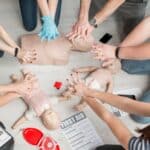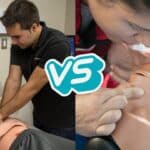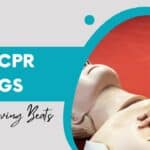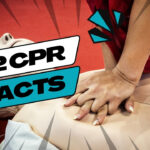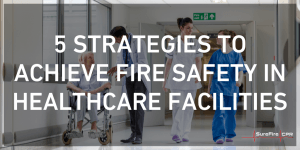Email hoaxes, of course, are nothing new. Unsuspecting victims may pass along their credit card information to complete strangers; others may reveal their passwords to their Facebook or e-mail accounts.
Yet some hoaxes are more serious than others – particularly those with life or death implications.
We’re talking about highly publicized e-mail hoax boasting of a form of “cough CPR” or “self-CPR” where an individual experiencing a heart attack can perform the technique, employing rapid coughing, to maintain consciousness.
The e-mail was quickly revealed to be a hoax. For example, the e-mail cited studies by New York’s Rochester General Hospital, yet the Hospital subsequently claimed no involvement.
Medically speaking, the technique is dubious, if not outright impossible, as the first symptom of cardiac arrest is unconsciousness, and unconscious individuals cannot voluntarily cough.
Sadly, many people likely (at least temporarily) fell for this hoax, which only further underscores the importance of experienced, and professional onsite CPR training.

